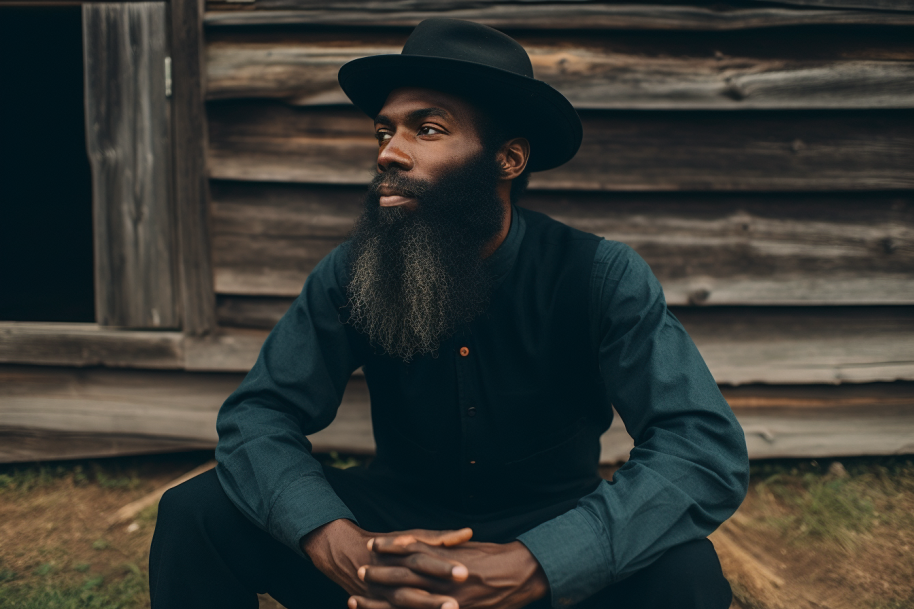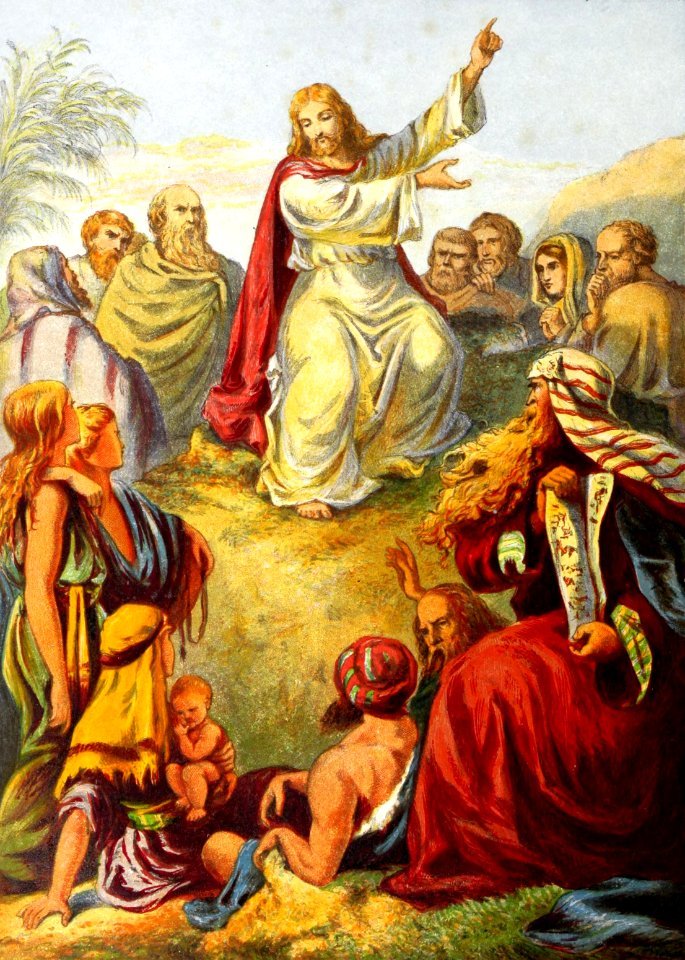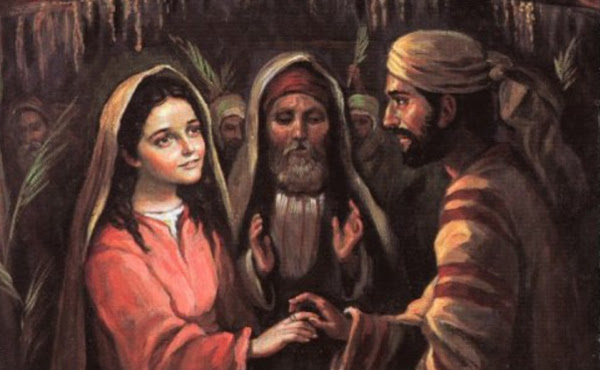Are There Black Amish People? Examining the Reality of Race in the Amish Community
You’d have a better chance of finding a needle in a haystack than coming across an Amish person of color.
This curious phenomenon has puzzled many for years: are there black Amish people?
It’s not something you’d typically think about, but now that we’ve brought it up, you’re probably wondering too.
The Amish community is known for its simple and traditional lifestyle, but could this also extend to racial homogeneity within their population?
Let’s dive into the heart of this intriguing question and explore the history and reasons behind the lack of diversity within the Amish community.
We’ll uncover whether there are no black Amish people or if they’re hidden away from public view due to various cultural factors.
By understanding their beliefs, customs, and historical context, we might find some answers to this fascinating conundrum.

Are There Black Amish People?
The answer is yes, there are black Amish people, but they are pretty rare.
The Amish community primarily consists of individuals with Swiss-German ancestry who speak Pennsylvania Dutch, and their faith is deeply rooted in Anabaptist traditions.
However, African Americans have joined the Amish community in some instances.
Many cases occur when Amish families adopt children of various racial backgrounds through foster care programs.
Once adopted and baptized into the Amish faith, these individuals are fully recognized as part of the Amish community.
Adults from diverse ethnicities also have the option to join the Amish community. Still, they may face additional challenges beyond language barriers and cultural differences – including potential biases based on race.
Ethnic Heritage Of Amish People
Having delved into the topic of black Amish people and their place in the Amish community, it is essential to examine further the ethnic heritage of those who follow the Amish lifestyle.
The Amish culture originated in Switzerland and Alsace, and most Amish individuals can trace their roots back to these European regions. However, as previously discussed, there have indeed been instances of black Amish people being integrated into the community.
The broader subject of ethnic heritage within the Amish culture reveals that racial diversity is not particularly common among them. Many Pennsylvania Amish communities have historically maintained a homogenous demographic, primarily due to their social isolation and preference for marrying within their faith.
While there have been some cases of non-white individuals joining the community through adoption or marriage, these remain relatively rare occurrences. It is essential to recognize that although black Amish people are not widespread in these communities, their experiences contribute to a richer understanding of diversity within the context of religious traditions and cultural practices.
Racial Diversity In The Amish Community
Racial diversity within the Amish community is a topic that may not be widely discussed, but it is important to acknowledge that black Amish people do exist.
Although the majority of Amish individuals are of European descent, primarily Swiss and German, there are instances where Amish families have adopted children from different racial backgrounds, including African-American children.
Additionally, some African-American Mennonite individuals may choose to join Amish communities, further contributing to the presence of black Amish people.
While it is true that racial diversity in the Amish community is limited compared to other religious or cultural groups in the United States, this does not mean that black Amish people are entirely absent from these communities.
It is crucial to recognize and respect the experiences and perspectives of these individuals who navigate a unique space as both members of the broader African-American community and participants in traditional Amish culture.
By fostering open conversations about racial diversity within the context of the Amish community, we can work towards greater understanding and inclusivity for all members.
Can Outsiders Join The Amish Community?
When discussing the topic of black Amish people, it is essential to consider the possibility of outsiders joining the Amish community.
The Amish are known for their tight-knit communities, strong religious beliefs, and distinctive lifestyle that separates them from mainstream society.
While it may seem unusual for someone outside of the traditional Amish ethnicity to join their ranks, it is not entirely unheard of. Outsiders who wish to join the Amish community face several challenges, as the process often requires a deep commitment to learning and adhering to their way of life.
This includes living without modern conveniences such as electricity and automobiles, dressing modestly in traditional clothing, and speaking Pennsylvania Dutch – a dialect of German used by the Amish. Furthermore, potential new members must study and accept the faith-based teachings that guide the community’s values and practices.
If someone can genuinely embrace these aspects of Amish life and gain acceptance from existing members, they could potentially become part of this unique group regardless of their racial or ethnic background.
Therefore, although rare, black Amish people may indeed exist within some communities.
How Do Racial Differences Affect The Amish?
As the sun rises over a picturesque Amish farm, casting its warm golden rays on the lush green fields, it could be seen as a metaphor for how the Amish community embraces people from different walks of life.

While black Amish people are not as common, they do exist and are welcomed into the fold. Racial differences matter less in these communities than one’s commitment to living a simple, devout lifestyle adhering to their faith.
Despite its seemingly homogenous appearance, Amish culture is not entirely closed to members from diverse backgrounds. Adoption across race lines has occurred within some Amish families, and black Mennonite congregations share similar practices with their Anabaptist brethren.
In this context, embracing racial differences extends their core beliefs—valuing humility, compassion, and community above all else. The focus remains on shared values and faith rather than external appearances or societal expectations.
Frequently Asked Questions
How Do The Amish View Race Relations And Racism Within Their Communities?
The Amish, known for their traditional and simple way of life, tend to have a somewhat insular approach to their communities. In general, they prioritize their faith and community above all else; however, it’s important to recognize that the Amish are not a monolithic group, and views on race relations and racism may vary between different communities.
While limited information is available about how the Amish specifically address these issues within their communities, it is worth noting that they aim to live in peace with all people, regardless of race or ethnicity. This approach is exemplified by their belief in nonviolence, forgiveness, and humility.
Nevertheless, some critics argue that the Amish’s lack of diversity could perpetuate unconscious biases or ignorance regarding racial issues. It is essential to continue fostering dialogue and understanding in order to promote inclusivity and combat racism within all communities, including the Amish.
Do Black Amish Individuals Face any Unique Challenges In Predominantly White Communities?
While there are a few black Amish individuals, they may face unique challenges in predominantly white Amish communities.
These challenges include cultural differences and potential discrimination or prejudice from some community members.
However, it is essential to note that the Amish generally promote humility, modesty, and compassion towards others, which may help mitigate these issues within their tight-knit communities.
Nevertheless, navigating racial dynamics in a predominantly white setting can be difficult for black Amish individuals as they seek to balance their identities with the values of their faith and community.
Have There Been Any Notable Cases Of Black Amish People Gaining Prominence Within Their Community Or The Wider Amish Society?
There have been few notable cases of Black Amish individuals gaining prominence within their community or the wider Amish society.
This is primarily because the Amish culture values humility and shuns attention or fame, making it difficult for anyone to become ‘prominent’ in the traditional sense.
Additionally, the Amish population remains predominantly white, further limiting visibility for Black Amish members.
Despite these factors, it is important to recognize that there are indeed Black individuals who have joined or been born into Amish communities and contribute significantly to their communities values and way of life.
How Do Black Amish Individuals Maintain A Connection To Their African Or African-American Heritage, If At All?
While it is relatively rare, black Amish individuals can maintain a connection to their African or African-American heritage in various ways, if they choose to do so.
This could include learning about their ancestral history, engaging with traditional cuisine, music or art forms, and connecting with other black members of the Amish community.
However, it’s essential to note that the Amish culture emphasizes humility, simplicity, and living within the boundaries of their faith and values; thus, any connection to one’s racial or cultural heritage would likely be practiced in a manner that adheres to these principles.
Are There Any Specific Amish Communities Known For Having A Higher Percentage Of Black Amish Members Or Being More Accepting Of Racial Diversity?
While specific Amish communities with a higher percentage of Black Amish members are not widely known or documented, the Amish culture generally values humility and acceptance, which may extend to being more open toward racial diversity.
However, since the Amish tend to be insular and live in predominantly White rural areas, it is less common to find racially diverse communities within their population.
It is essential to note that experiences may vary depending on the individual community’s beliefs and practices, but overall, there isn’t a well-known Amish community specifically recognized for having a higher concentration of Black members or greater racial diversity.
Conclusion
In conclusion, the Amish communities’ view on race relations and racism may vary, but their strong emphasis on humility, forgiveness, and community spirit often leads to a largely accepting environment. However, black Amish individuals may still face unique challenges in predominantly white communities.
As they navigate these challenges, some have gained prominence within their community and the wider Amish society. As members of a tight-knit society that values tradition, black Amish individuals might find it difficult to maintain a connection to their African or African-American heritage.
However, each person’s experience is unique and some may still find ways to preserve their cultural roots while adhering to the Amish way of life.
This delicate balance is crucial for fostering understanding and appreciation of diversity within the community. Although specific Amish communities may not be known for higher percentages of black members or greater acceptance of racial diversity, it is important to recognize that the Amish world is not entirely monolithic.
There are numerous sub-groups with varying practices and beliefs which can create opportunities for greater inclusivity. As we strive for a more inclusive society as a whole, it is essential that we also acknowledge and celebrate the experiences of black Amish individuals within their unique cultural context.

Sangtea Hmar is a passionate leader of the Youth Christian Fellowship at the Electric Vengthlang Presbyterian Church in Aizawl, Mizoram, India. He is the owner of Christiantone.com and is committed to spreading the word of God. He loves to mentor youth and help them grow in their faith.






